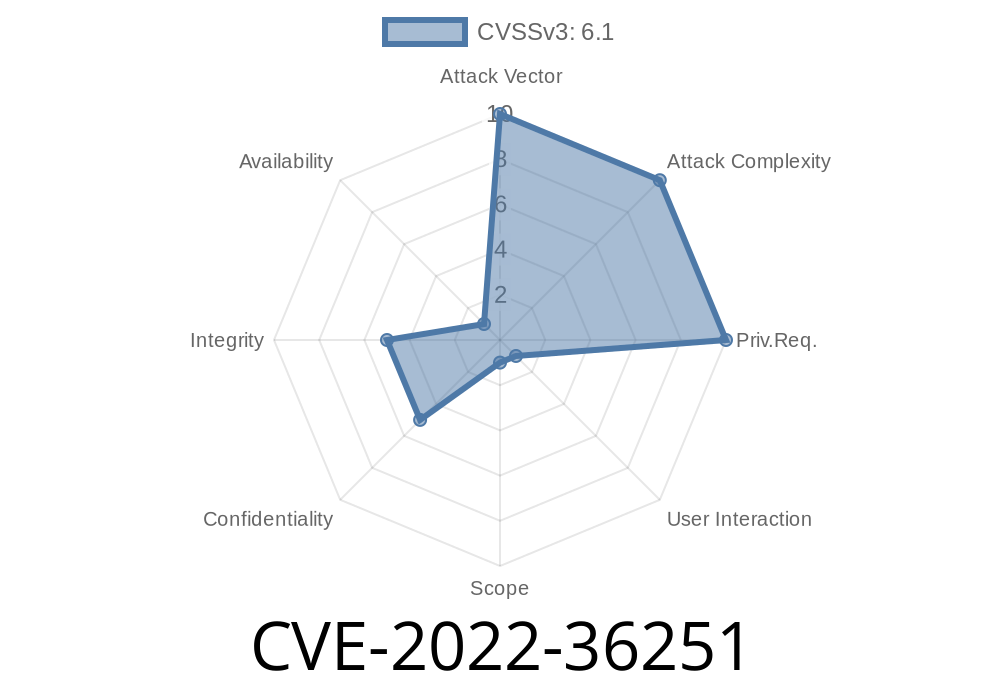A remote attacker can inject malicious code into the system via this vector. An attacker can create a patient record with a script that causes the system to execute a malicious command when it receives a request from a patient. This occurs when a patient visits a website that is running the vulnerable software and submits a request to the system via a browser. When the software receives the request and parses the query string, it forwards it to the patients.php script. The patients.php script fetches the remote script from the server and executes it, allowing an attacker to run any code the script wishes. If an attacker can inject code into this script, he can exploit a variety of functionality. The code can be used to retrieve a remote file, generate a remote command, or perform any action the attacker chooses.
Vulnerabilities in PatientWeb
PatientWeb is a CMS that has been vulnerable to CSRF attacks since its design. This vulnerability can be found in the patients.php script which handles incoming requests to patients on the website. When a patient visits a site running this software, they can execute a malicious command by submitting a malformed request to the system. The request could include HTML code, which makes it possible for an attacker to create a patient record with a malicious script that causes the system to execute arbitrary actions when it receives the request from the affected browser. An attacker would use this vulnerability to perform any action he wants, including retrieving remote files and executing remote commands.
Vulnerability overview
A remote attacker can inject code into the patients.php script and execute it. This occurs when a patient visits a website that is running the vulnerable software and submits a request to the system via a browser. When the software receives the request and parses the query string, it forwards it to patients.php script which fetches the remote script from the server and executes it, allowing an attacker to run any code the script wishes.
Vulnerable software types and versions
This issue affects a number of CMS software, including:
Vulnerable Software:
Doctors On Demand
Doctors On Demand is a web-based application that allows doctors to perform medical consultations over the internet and receive payment. A vulnerability was discovered in the software when an attacker could inject malicious code into the system via this vector. Doctors On Demand is a popular platform for online consultation services, but it only provides minimal security when compared to other systems. The vulnerability is not just limited to Doctors On Demand; similar vulnerable software exists in other platforms that use PHP scripts.
Timeline
Published on: 08/22/2022 01:15:00 UTC
Last modified on: 08/23/2022 16:28:00 UTC
